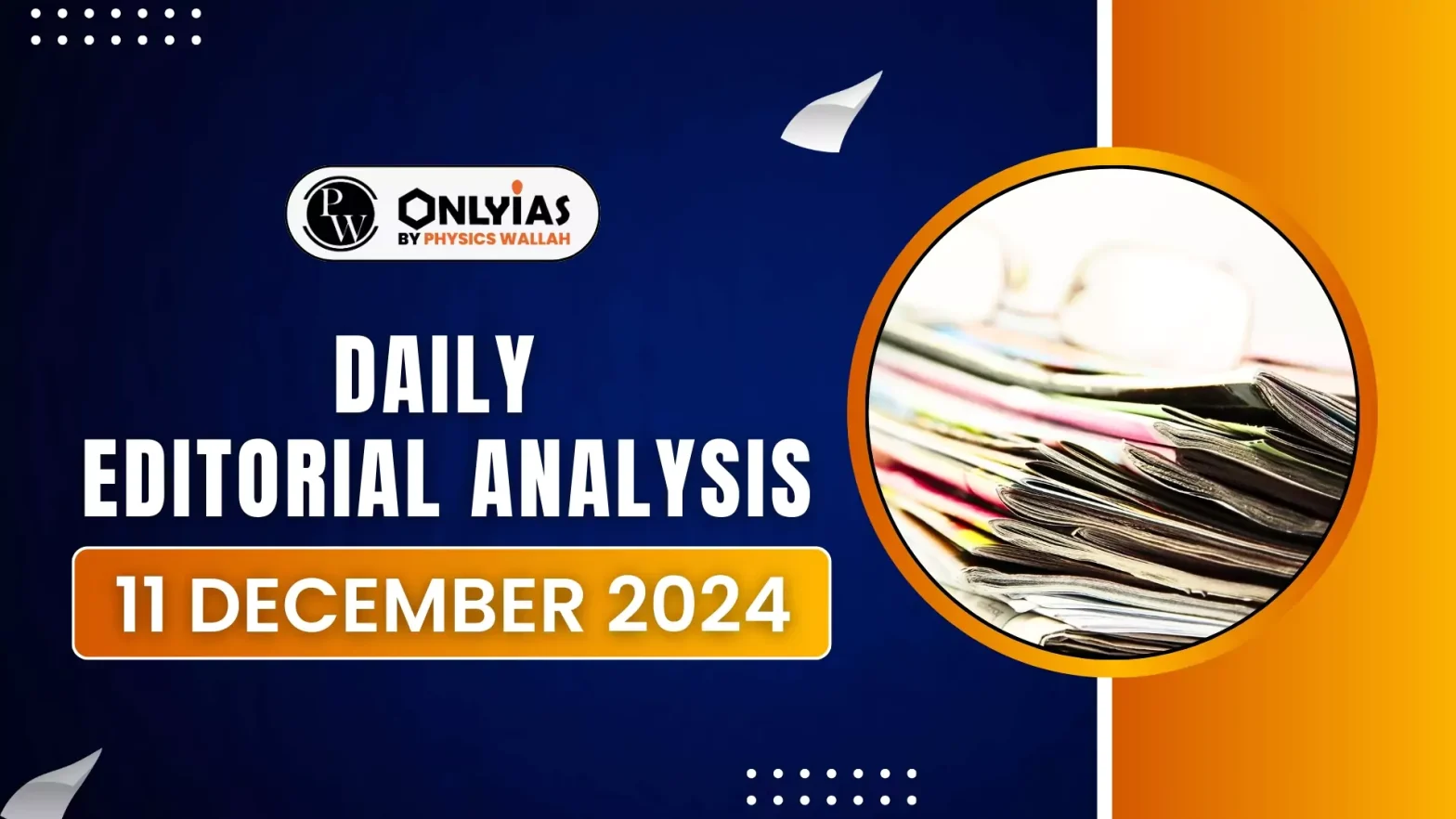The draft UGC (Minimum Standards of Instruction for the Grant of Undergraduate Degree and Postgraduate Degree) Regulations, 2024 was released that aims at reforming India’s higher education system.
Key Provisions of the Draft UGC Regulations
- Bi-annual Admissions: Undergraduate (UG) and postgraduate (PG) courses will have bi-annual admissions, increasing access to education.
- Cross-disciplinary Flexibility: Students can pursue any discipline in UG and PG if they pass a relevant national qualifying examination, regardless of their previous stream.
- Acceleration and Extension of Courses: Students will have the option to extend or accelerate the duration of their courses.
- For Instance: A student could opt to extend a course to four years or complete it in two years via a hybrid mode of learning.
- Multiple Degrees: Students will be allowed to pursue multiple degrees simultaneously. However, both degrees cannot be pursued in a physical mode simultaneously.
- Autonomy for Institutions: Higher educational institutions will have the freedom to determine attendance requirements for students.
These changes aim to remove rigidities and enhance academic flexibility, in line with global standards, as stated by UGC Chairman M. Jagadesh Kumar.
Enroll now for UPSC Online Course
Alignment with National Education Policy (NEP) 2020
- Hybrid Learning Models: The draft rules support a shift towards hybrid learning, combining online and offline education.
- Skill-based Education: Emphasis is placed on skill development alongside academic learning.
- National Credit Framework: The regulations back the implementation of the National Credit Framework, offering greater flexibility in academic pursuits.
National Credit Framework (NCrF)
- The National Credit Framework (NCrF) under NEP 2020 combines academic and vocational education, allowing students to earn credits for both.
- For instance: A student can pursue an IT degree while earning credits from a vocational course in graphic design.
- The framework allows students to accumulate and transfer credits between institutions and programs, fostering continuity in learning.
- For instance: A student transferring from a diploma course to a degree program can carry forward their accumulated credits.
- NCrF recognizes informal learning and experience, allowing individuals to earn credits for skills gained outside formal education.
- For example: Workers in the construction industry receive formal credits under the Pradhan Mantri Kaushal Vikas Yojana (PMKVY).
|
Challenges
- Resource Limitations: India’s higher education system faces challenges such as insufficient (and unmotivated) faculty, underfunded institutions, and a lack of well-trained, motivated teachers.
- Lack of Investments: This year’s Budget allocated 15% less funding to higher education compared to the previous year’s revised estimates. Without adequate financial support, regulations may struggle to gain traction.
- Regulatory Inconsistencies: Many affiliated colleges, which cater to the majority of students, may struggle to meet the new regulations.
- Resistance from Traditional Academic Structures: The ‘Academic Bank of Credits’, which allows students to register at one institution and take courses from others, faces resistance from established academic bodies.
- Additionally, bureaucratic inertia and slow adoption of reforms may hinder its successful implementation.
- State Government Compliance: Education is on the concurrent list, meaning state governments play a critical role in implementation.
- While states may initially comply with the new regulations, historical backtracking and delays in implementation could undermine their effectiveness.
- Centralised Examination: With this significance of a centralised examination (CUET) becomes important which may take away the flexibility the draft aims for.
Check Out UPSC CSE Books From PW Store
Conclusion
The Draft UGC regulations represent a bold vision, however, for these reforms to be successful, systemic challenges and the need for regulatory changes must be addressed.
![]() 11 Dec 2024
11 Dec 2024

